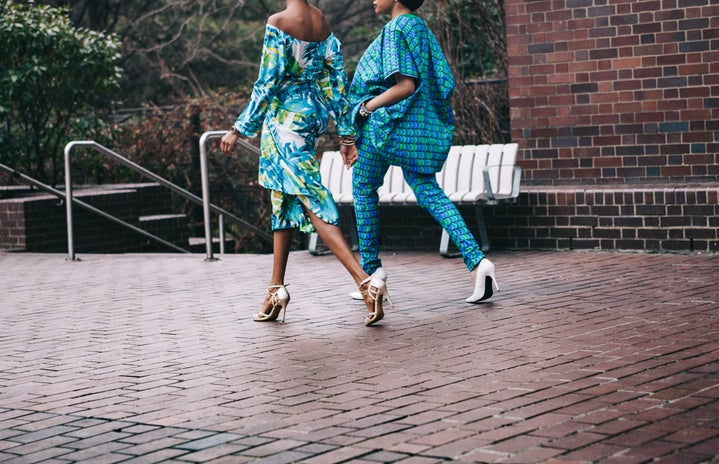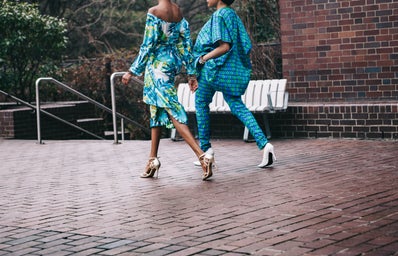Colorism, prejudice or discrimination against individuals with darker skin tones, typically among people of the same ethnic or racial group, divides the black community. Merging from European history, colorism is prevalent in countries such as the United States and India.
According to Tolerance.org, “Its legacy is evident in forums as public as the television and movie industries, which prefer to casting light-skinned people of color, and as private as the internalized thoughts of some Latino, South-Asian or black parents who hope their babies grow up light-skinned so their lives will be ‘just a little bit easier.’”
“I feel like in the black community, there is a divide amongst lighter skin and darker skin tones,” Hampton University student Jennifer Lowe said. “There is always a competition of lighter skin being better, smarter and even more beautiful. It is not healthy at all, and something needs to be done.”
Although times have changed throughout the years, skin color continuously serves as a test determining how a person will be judged and seen. In this country, because of racism, many shun dark skin and award light skin. This occurs because this country was built on principles of racism. If racism didn’t exist, a discussion about different skin hues simply would be a regular, calm conversation. Unfortunately, that’s not the case. The privileging of light skin over dark is at the root of an ill known as colorism.
The word colorism is not in the dictionary. The definition came from author and activist Alice Walker. She was the first person to use the word anywhere, including it in her book, In Search of our Mothers’ Garden. Walker defined colorism as “prejudicial or preferential treatment of same-race people based solely on their color.” Lighter-skin preference has been a common practice in the black community for generations, but Walker named it and marked it as deteriorating the black community and claimed it needed to be stopped so that the African-American community can progress.
This topic is a smaller but growing topic in all communities. Darker skin is portrayed as being the wrong skin, and many will judge individuals off an aesthetic that no one can control.
“I always get complimented for being pretty for a dark-skinned girl,” Hampton University student Shayla Wright said. “I don’t see it as a compliment but it being a form of disrespect. How can you tell me that I am only pretty because of my deeper skin?”
Fellow student Elijah Banks said: “When it comes to girls, I care more about personality and looks than a skin tone. If she’s attractive to me, then that’s it. Many people miss out on amazing things worrying about a skin hue.” Black Americans are not the only people obsessed with how light or dark a person’s skin is. According to Time.org, “Colorism is a societal ill felt in many places all around the world, including Latin America, East and Southeast Asia, the Caribbean and Africa.”
In the United States, we are a diverse population and full of many cultures with citizens coming from different parts of the world, making colorism here imported and homegrown. Colorism is something that will not go away overnight, but the conversation of making it fully known begins with everyone engaging so all skin tones will be embraced.



